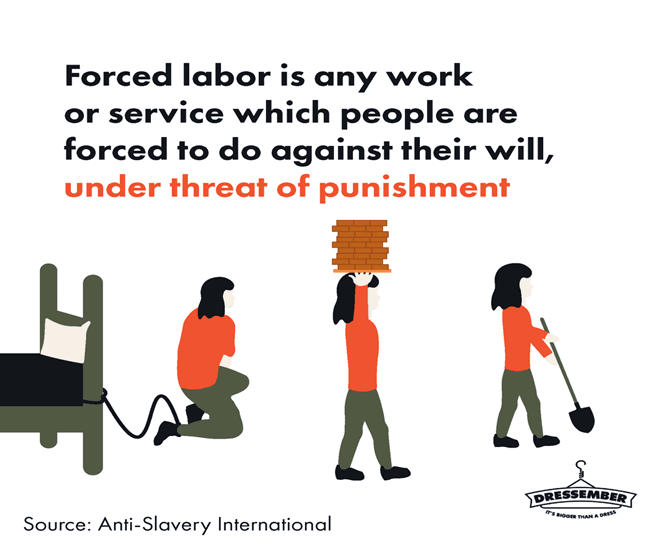IF a nation’s ports are poorly run, life cannot but be hard for the citizenry. And that is exactly the case with Nigeria where, eight years after President Muhammadu Buhari promised to incentivise investment in Nigeria’s maritime sector and scale up the infrastructure to global standards, the sector continues to falter and flounder. According to reports, ports in Nigeria, Africa’s largest economy, now trail behind those of its naturally less endowed neighbours: Republic of Benin, Ghana and Togo. Parading inefficiency despite the high duties charged, the ports have become repulsive to importers who have for some time now been diverting Nigeria-bound cargoes to more efficient ports in the region. That is the direct corollary of dilapidated port infrastructure, long cargo dwell time, poor vessel turnaround time, a long clearing process and port congestion resulting from traffic gridlocks within the port corridor.
Because the major ports are still not connected by rail, evacuating cargoes remains a major challenge, especially with tankers blocking the access roads to Apapa and Tincan ports. What is more? Budgetary allocations to the ports are paltry, and not even the concession arrangements put in place by the government to guarantee efficiency have done better. Yet the management of the Nigerian Ports Authority (NPA) thinks that all is well. According to the NPA’s managing director, Mohammed Bello-Koko, the growth in the remittances to the Federation Account, enhanced navigational aids, port security and growing operational capacity and infrastructure are proof that things are changing. Bello-Koko claimed that the ports had been recovering cargo previously lost to neighbouring countries following improved infrastructure, effective truck traffic management and ease of cargo movement at ports. He added that Nigerian ports are becoming a preferred destination in West Africa, citing the completion of the Lekki deep seaport,rehabilitation of dilapidated port roads, port decongestion and the enforcement of the electronic call-up system as some of the measures rolled out by his leadership to achieve efficiency.
But not many stakeholders in the sector share Bello-Koko’s optimism. For instance, in June last year, members of the Seaports Terminal Operators Association of Nigeria (STOAN) expressed concern over the decaying infrastructures at the country’s seaport.
Speaking during an interactive session with the Minister of State for Transport, Senator Gbemisola Saraki, in Lagos, the representative of STOAN, Mr. Ascanio Russo, decried the decaying infrastructures in and around the Tin Can Island Port, urging the Federal Government to address it to make the port more competitive. He said: “One of the major challenges that terminal operators face in Lagos at the moment is the condition of the port infrastructure, especially in Tin Can Island Port.” In any case, in February this year, Bello-Koko himself, speaking at the International Association of Ports and Harbors (IAPH) Europe and Africa 2023 Regional meeting, said that the NPA needed $800 million to rehabilitate the Apapa, Tin-Can, Calabar and Onne ports. His words: “Palliative and remedial works are no more effective. These ports need total rehabilitation. There is also a plan to rehabilitate the Escravos breakwaters in Warri port.”
As we noted in a previous editorial, reflecting the poor state of Nigerian ports in its Container Port Performance Index 2021, the World Bank ranked Lagos ports 358th out of the 370 ports assessed globally. We have not been persuaded to change our view that the short shrift given to ports despite their strategic place in the Nigerian economy confirms the fact that those in charge of the country’s affairs do not care for its wellbeing. The current state of the ports is the direct consequence of poor or non-existent maintenance. The truth is that even the admittedly inadequate funds voted yearly for the maintenance of these facilities are lost to pervasive corruption, the most defining characteristic of government and its activities in Nigeria. This makes it difficult, if not impossible, to ask that proper auditing of expenditure at the ports be done given the problem of who to ask to do this in the light of the pervading stench around government processes.
It is ridiculous that Nigeria is import-dependent, yet the sorry state of its ports, sharp practices and the generally unsavoury environment continue to drive most importers to the seaports of neighbouring countries, creating huge losses of revenue and escalating cases of smuggling at Nigeria’s land borders marked by gross security breaches. As a corollary, local industries are forced to either wind down or trim their workforce in order to remain afloat, putting up a semblance of competition in a hostile and choking business environment. To be sure, competent leadership imbued with discipline and altruism can salvage the current predicament of the seaports. The ports should be run like business and not as government agencies. They should be treated as institutions and not as a mere appendage of the government if they must deliver the needed goods.
The government must realise that customers are not obliged to continue to patronise Nigerian ports if they are not conducive to proper businesses because of decaying infrastructure and facilities. It is a shame to lose the revenue accruing from the ports while also becoming dependent on the ports in other countries for Nigerian transactions. We hope that the looming shame will compel the government and those in charge of the ports to start putting them in proper shape.
READ ALSO FROM NIGERIAN TRIBUNE
WATCH TOP VIDEOS FROM NIGERIAN TRIBUNE TV
- Let’s Talk About SELF-AWARENESS
- Is Your Confidence Mistaken for Pride? Let’s talk about it
- Is Etiquette About Perfection…Or Just Not Being Rude?
- Top Psychologist Reveal 3 Signs You’re Struggling With Imposter Syndrome
- Do You Pick Up Work-Related Calls at Midnight or Never? Let’s Talk About Boundaries







